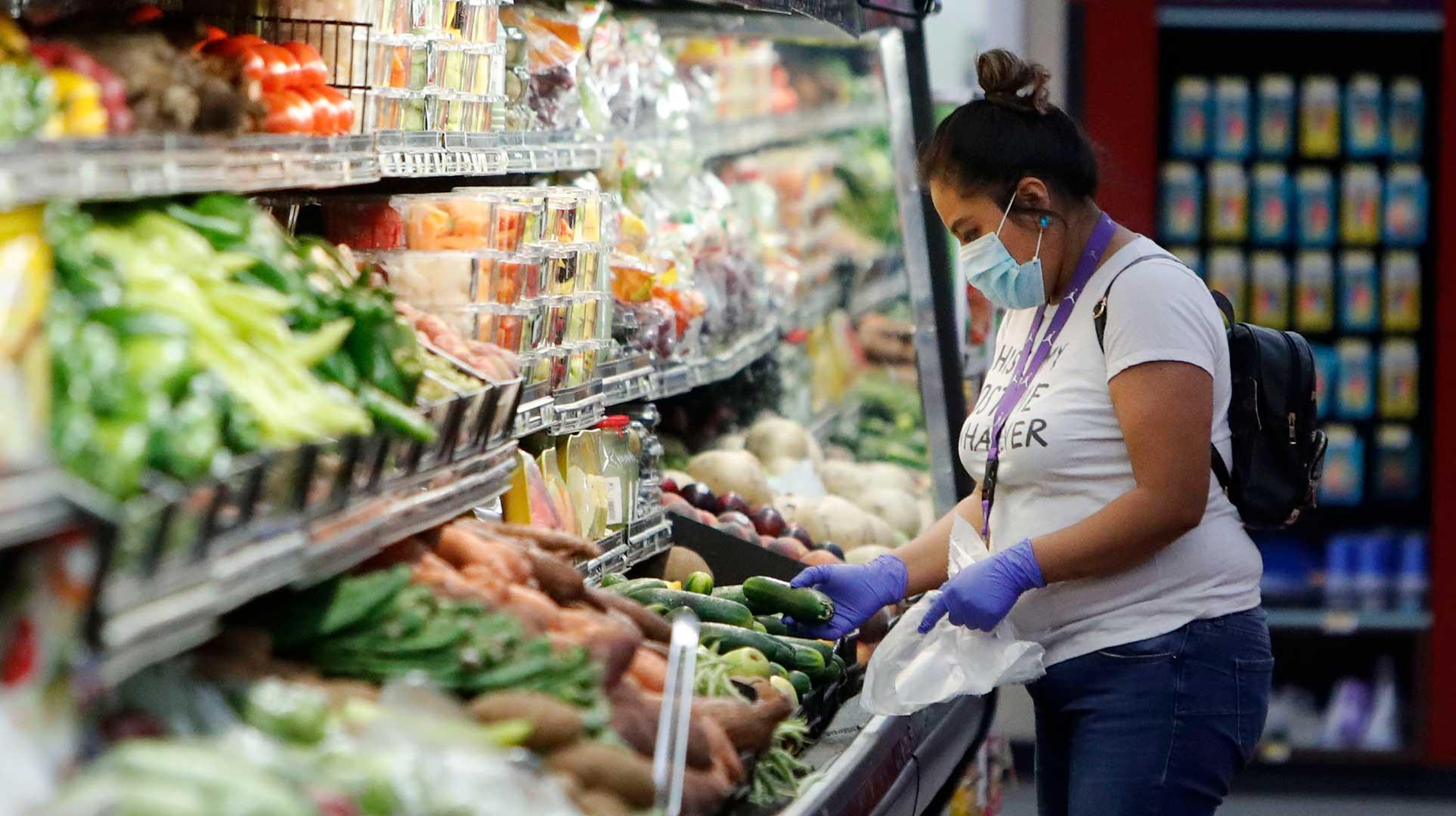

Professor of Epidemiology and Biostatistics
In nearly every state around the country, data show that Blacks and Latinos are more than three times as likely to get infected with COVID-19 and are more than twice as likely to die than their white neighbors. Communities of color experience discrimination, higher rates of chronic disease, and less access to health care in general. On top of this, they are more likely to be exposed to the virus through essential jobs and crowded living conditions.
In Maryland, data show that Hispanic people, who represent about 10% of the state’s population, make up nearly a quarter of the state’s coronavirus cases for which race data is reported. But, in some Maryland counties, data are less accessible.
On July 8, County Health Officer Travis Gayles reported to the Montgomery County Council for the first time that Hispanic residents accounted for 74 percent of the 3,376 new coronavirus cases reported in the county in June. Overall, the county’s 200,000 Hispanic residents represented 37% of all COVID cases over time.
The council’s two Latino members-- Nancy Navarro and Gabe Albornoz-- quickly set to work to fight the racial discrepancy, with the help of the Latino Health Steering Committee, including Epidemiology Professor Olivia Carter-Pokras. The committee informed council members, helped prepared a proposal, and testified at council meetings.
By the end of the month the council had approved $5.59 Million to fight the pandemic in Latino communities in a proposal called Por Nuestra Salud y Bienestar (For Our Health and Wellbeing).
“As members of the Steering Committee, we certainly had not seen the data,” Carter-Pokras said, who has been volunteering on the Latino Health Steering Committee since 2003. “Nobody had seen it.”
Carter-Pokras explained that because Latinos are more likely to be essential workers, live in high-density households, experience stress, poverty, racism, and have less access to resources, they have a greater chance of contracting the virus.
“There’s been too little attention with what’s been happening in the Latino community,” Carter-Pokras said. “We should have been intervening earlier.”
With the lack of data, Carter-Pokras said the Steering Committee had been doing their best, based on state-wide data. They already had the infrastructure in place, like health centers, a blueprint for action, and partnerships with organizations that have been providing translation services and case management, as well as delivering food.
The new initiative will expand the already existing infrastructure and provide wrap-around services, including COVID-19 testing, health resources, and public education geared toward Latino residents in hard-hit areas of the county.
The funding will cover the costs of the project for five months.
“To be able to pull something off like this-- it’s the fact that we have been working together for some time, so it’s much easier to pull up our shirt sleeves to get to work,” Carter-Pokras explained.
She says that all of this action came from getting access to this startling data. But, Montgomery County still needs more data.
“We are grateful we got the funding, at the same time we recognize we have some political battles we have to fight, like securing data,” she said.
At the state level, COVID-19 data is stratified by age, race, ethnicity, and zip code, though there is still missing information. At the county level, Carter-Pokras says there is much more missing information-- up to 40 percent. And the data needs to be stratified and released to the public.
“If we don’t ask questions, don’t collect and report the data, it’s hard to draw attention to needed problems.
The initiative will be managed by the Latino Health Initiative with the county’s Department of Health and Human Services. Partners on the initiative are Casa de Maryland, Mary’s Center for Maternal and Child Care, Care For Your Health, Mansfield Kaseman Health Clinic, Identity, Proyecto Sauld and the Upcounty Consolidation Hub.